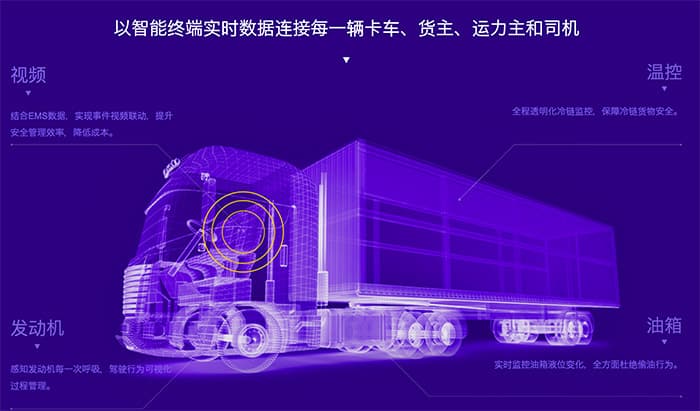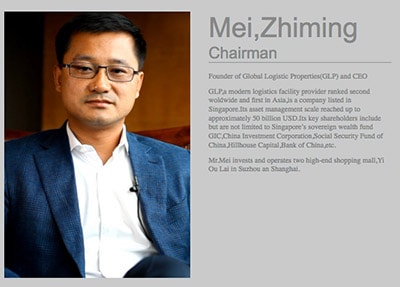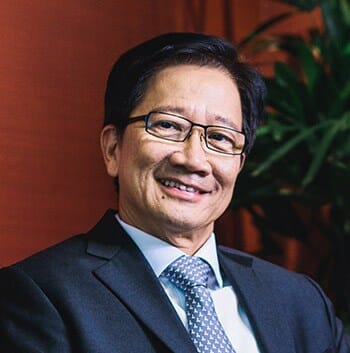
GLP invested in a $45 million financing round for logistics tech firm G7 in February. After Eastern Bell had invested less than one year earlier. (Image: G7 Logistics)
Global Logistic Properties made what looks like a strategic investment in the world of logistics tech this February when news reports revealed that the warehouse developer was joining with a private equity affiliate of China Development Bank to invest $45 million in Beijing-based big data company G7.



Leave a Reply